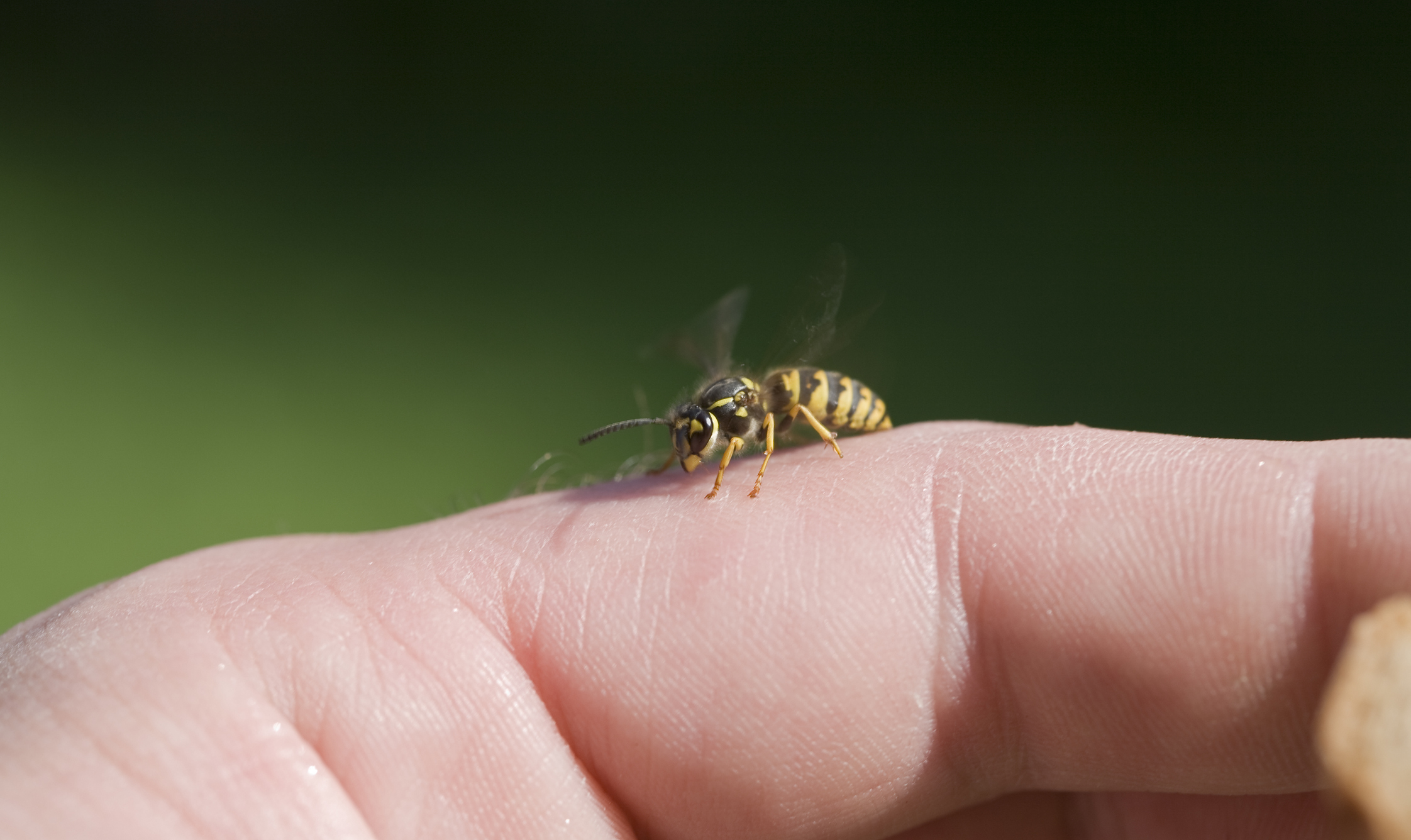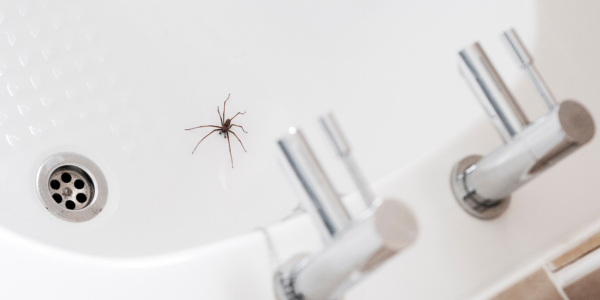
A Doctor’s Advice on Insect Bites & Stings
Getting stung or bitten by an insect can be a scary (and sometimes painful) experience. Rather than getting all worked up and thinking that you’re going to lose an arm, take a deep breath. Dr. Parada is kind enough to explain some facts about select insect bites and stings.
How Should You Remove a Bee Stinger?
Rather than taking out a bee stinger slowly and carefully (as you would a tick), speed is the key in this instance. Since some species of bee can inject venom into you via their stingers, it’s important to remove the stinger as fast as possible. There’s no real difference between pulling it out or scratching it off. However, lean toward scratching it off, as pulling on it may squeeze more venom into your skin.
Why Does an Insect Sting Cause an Allergic Reaction?
Many insect stings will inject a small amount of venom or other foreign substances that can cause a reaction if you happen to be allergic to it. Different people can experience different reactions, as some can be slightly allergic and others more. While one person might have slight swelling for a few hours, others might need medical attention.
How Should You Treat a Mosquito Bite?
First things first, do not itch mosquito bites. Scratching can further aggravate the saliva and histamine within the bite, and the bump can eventually break open (which can lead to an infection). To relieve itching, take an oral antihistamine or apply a hydrocortisone cream to the mosquito bite(s).
Getting answers from a doctor is one of the most reliable sources — wouldn’t you say? When an infestation of pests takes over your home or property, contact Knockout Pest Control. To learn more or to schedule an appointment, give us a call at (800) 244-7378.
Don’t forget to follow us on Facebook, Twitter, and Google+!



